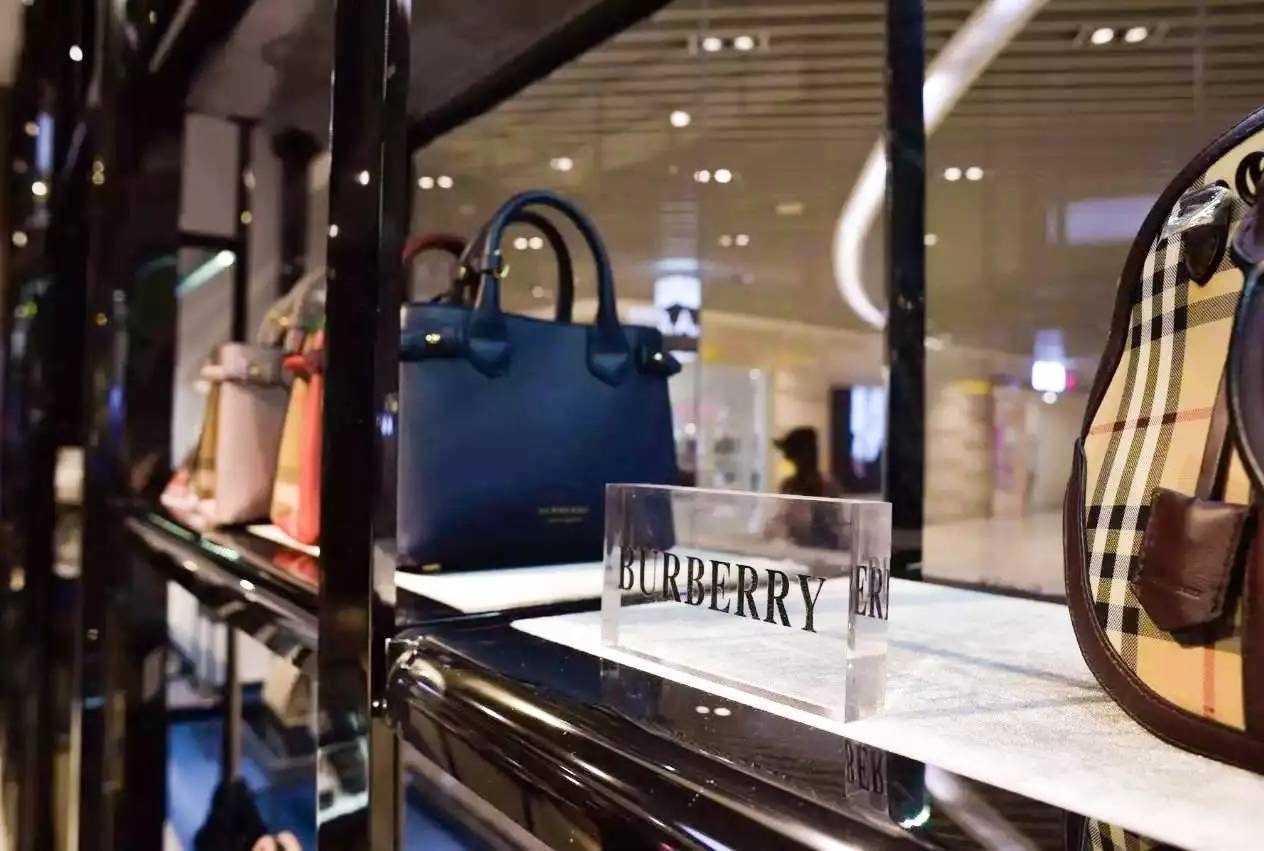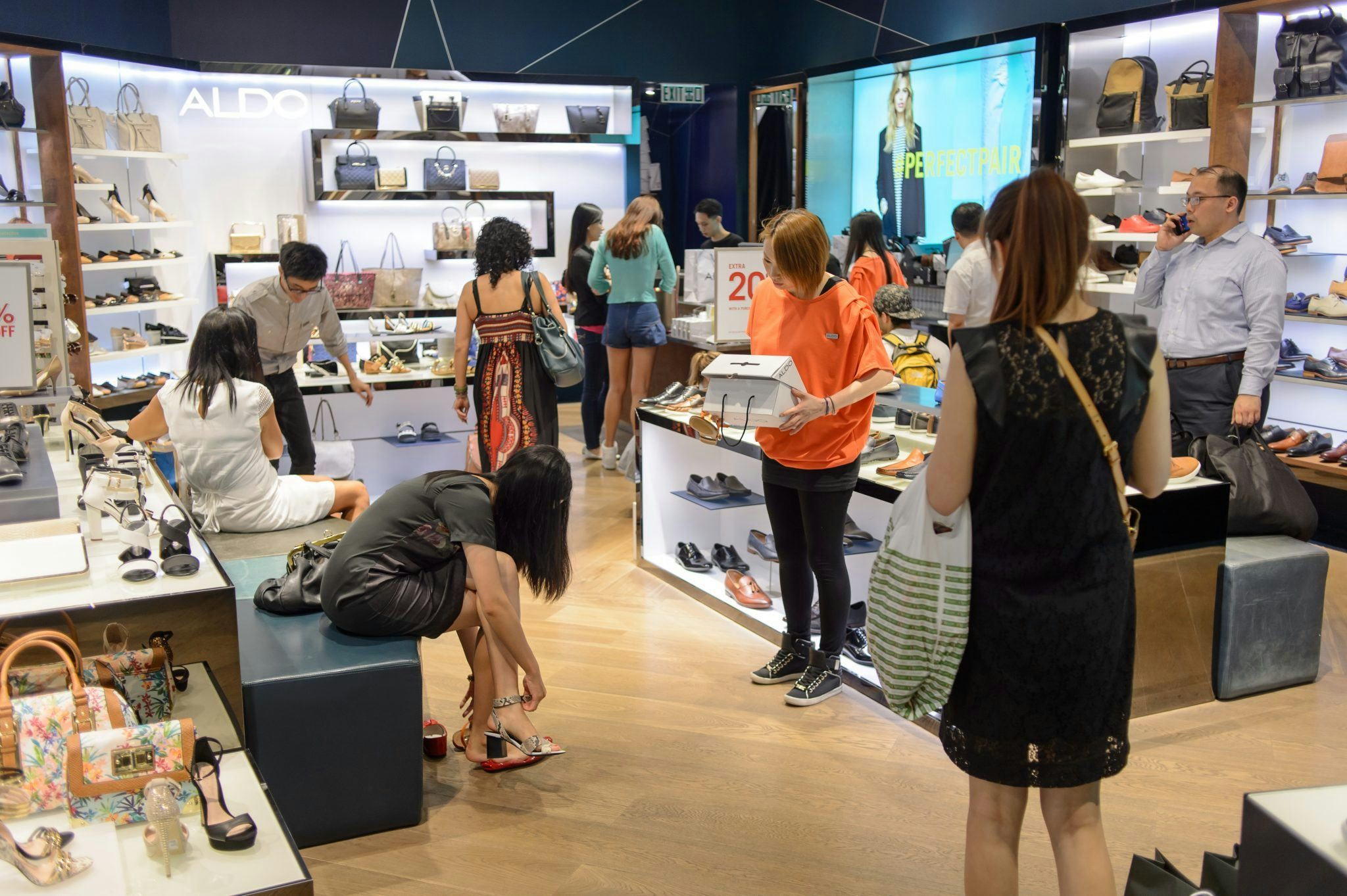Master Bao (包大师) provides a service you wouldn't think necessary, offering after-sales service on luxury goods that you'd hope luxury brands would themselves provide. Yet, clearly people see a role for the service. In November, Master Bao received a 10m RMB (1.53m) pre-A round investment led by Haixu Capital, who have also invested in better-known names like Secoo. Since this initial investment, Master Bao’s valuation has grown to 60m RMB.
Established in 2016 by Nalan Zhengxiu (纳兰正秀), Master Bao has accumulated more than 220,000 registered users, including customers from 23 top-tier cities in China and countries such as the United States, Japan, and France.
The hundred billion RMB opportunity#
A report recently released by McKinsey & Co suggests that Chinese customers spent more than 500 billion RMB on luxury items in 2017 and that this consumption will reach one trillion RMB by 2025. For Nalan Zhengxiu, this translates into a huge opportunity.
The maintenance of luxury items, as the most important step of the after-sales service, is undoubtedly in great need. “The trillion RMB sales market would generate an after-sales market worth hundreds of billions [of RMB],” said Nalan.
Today, luxury brands in China are faced with a rather embarrassing situation. While their stores sprout all across China, most brands still don't have a devoted Chinese maintenance center. Customers are having difficulties getting their handbags and shoes repaired and restored.
Take Louis Vuitton for example. While the brand is very popular among Chinese customers, Louis Vuitton cannot yet provide restoration services to its customers. The only way to make repairs is to send the broken parts back to its headquarters in France for an exchange, and the customer is responsible for all the costs.
Other brands, if they do have a service center in China, ask a high price. Repairing a crocodile skin strap at Vacheron Constantin, for example, costs more than 4,000 RMB (615). Adding to the difficulty, most luxury brand service centers that do exist can only be found in Beijing and Shanghai.
The current go-to solution for luxury item maintenance in China is the small street stores that restore and sell second-hand luxury items. These stores are much easier to find and cheaper than brands' own services. However, they lack systematic and formal operating procedures and technicians are often not skilled enough to handle complex situations. It can take more than one month to get a bag repaired, with no guarantee of the quality of repairs.
This presents a real risk for luxury brands, and a real opportunity for platforms like Master Bao.
Beating the brands at their own game#
The key to winning the market is to lower costs and improve efficiency. To do so, Master Bao employs an O2O business model to squeeze down the operating costs of brick-and-mortar stores.
The whole process is simple and standardized. Customers place orders online; Master Bao sends a specialist to your front door to pick up and assess the item, which is later sent to a central workshop for repair and restoration. As soon as the work is done, the item will be sent back by the specialists or via courier.
Such procedures significantly shorten the wait, with the entire cycle being completed in only 10-15 days. The pay-as-you-go mechanism also reduces intermediate operating costs and lowers prices. According to its official website, the average per customer transaction at Master Bao is only 300 RMB, compared to an average of more than 1,000 RMB at street stores.
Master Bao now has a 500-square-meter workshop in Beijing, and shares another workshop with the leading luxury servicing brand TRD in Guangzhou. Master Bao is also eyeing partnerships with capable persons in different cities to establish local working teams to provide more prompt services to its customers.
Repairing and restoring delicate luxury items is never an easy job, however. Winning repeat customers requires expertise. According to Nalan, 80 percent of the orders at Master Bao are for ordinary restorations, which can be handled by specialists who have passed a one-month training program. For those 20 percent of customized requests, Master Bao also considers opening its platform to experts in certain areas.
At home on JD.com#
As of now, Master Bao is only listed on JD.com, a tech giant in China making more and more moves into the luxury market. It's a win-win for the two parties. Few may know that Master Bao got its very first capital injection on JD Finance, a crowd-funding platform launched by JD.com, received three million RMB from Pan Gu Jin Ventures.
For Master Bao, JD.com is like an incubator.
As JD Finance is one of the three legitimate crowdfunding platforms approved by the CSRC (China’s SEC), getting listed on JD Finance requires a rigorous auditing process, which helped Master Bao, then a very young start-up, to “better regulate its management and get an upgrade”, according to Nalan.
With help from JD, Master Bao was able to expand quickly and build up a sound brand image. After getting listed on JD Finance for only one month, it saw a 175 percent increase in revenue.
On the other hand, for JD.com, Master Bao’s place on the platform furthers its ambition to expand into the luxury fashion industry.
Having established itself as a seller of consumer tech, JD.com has since made forays into the fashion industry, buying British luxury e-tailer Farfetch.com last June and jointly investing in Vipshop.com with Tencent. However, the cooperation with Master Bao provides JD.com with an edge that its competitors don’t have, as systematic and standardized luxury maintenance services remain scarce in China.
Yet Master Bao has its competitors in China. Its market grasp has been challenged by other O2O online laundry platforms like Edaixi (e袋洗) and B2C luxury after-sale service providers like Luxe Crafts Workshop (尚奢工坊).
Master Bao is hardly backing down. It is reported that the service will start another round of financing soon, planning to raise another 20m RMB to expand its market share and establish concept stores in major cities in China.



